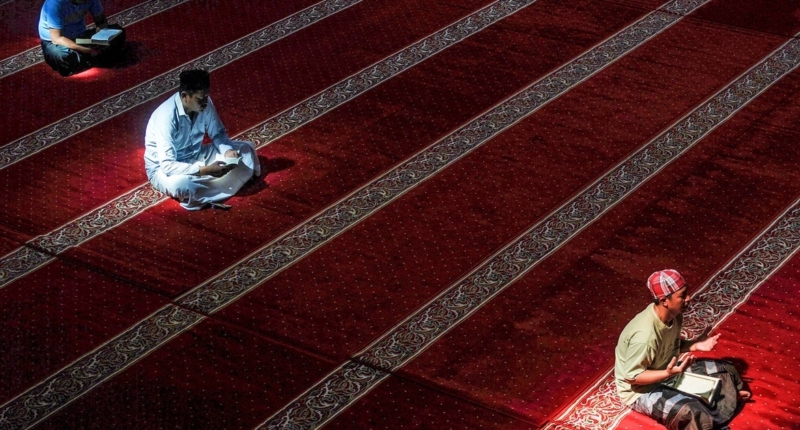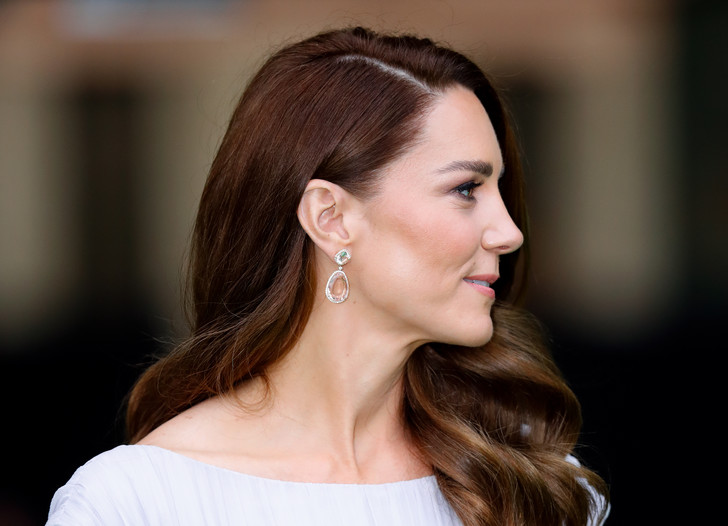Ramadan is a holy month dedicated to prayer and reading the Quran in the Islamic faith. Muslims observe a period of fasting from dawn to dusk during this month, abstaining from food, water, cigarettes, and sexual activity. It is a time for reflection, self-restraint, and bringing oneself closer to Allah. Fasting during Ramadan is mandatory for all Muslims from a young age, with some beginning as early as 10. However, those who are too ill to fast or might endanger their health, as well as the elderly, those with a mental illness, pregnant or breastfeeding women, and those menstruating, can be exempted. Eid al-Fitr marks the end of Ramadan, and it is a festival for Muslims to gather with family and friends, donate to charity, and feast and pray together.
Ramadan 2023: Understanding the Month of Fasting in Islam
Ramadan is an annual religious observance that takes place during the ninth month of the Islamic calendar. Muslims around the world observe the month-long period of fasting, deep spiritual reflection, and religious devotion, with the festival beginning with the sighting of the crescent moon, typically one night after the new moon.
In 2023, Ramadan is expected to begin on Wednesday 22 March, although this may vary if the crescent moon is not sighted, and it will end on Friday 21 April. The holy month is one of the five pillars of Islam, along with faith, prayer, charity, and the pilgrimage to Mecca. Ramadan is believed to commemorate the Quran’s revelation to the Prophet Muhammad, which occurred on the Night of Power (Laylat al-Qadr).
During Ramadan, Muslims fast from dawn until dusk, abstaining from food, water, and sexual activity. This practice is meant to purify the soul and cultivate self-discipline, humility, and compassion for those who are less fortunate. Muslims also engage in increased prayer, charity, and acts of kindness during the month of Ramadan.
The Islamic calendar is based on the lunar cycle, which is why the timing of Ramadan changes each year. Lunar months are shorter than solar months, and so the start of Ramadan moves back by approximately 10 days each year. In the UK, Ramadan 2023 will begin on the evening of Wednesday 22 March and end on the evening of Friday 21 April, with Eid al-Fitr starting the following day on Saturday 22 April.
In conclusion, Ramadan is an essential month for Muslims worldwide. It is a time for self-reflection, devotion, and spiritual growth. The month-long fast is a testament to the resilience and dedication of the Muslim community, as they come together to honor their faith and demonstrate their commitment to living a life of compassion and self-discipline.
Understanding the Meaning of Fasting in Islam during Ramadan
Ramadan is a holy month of devotion and prayer in the Islamic faith. Muslims observe a period of fasting from dawn to dusk during this month, abstaining from food, water, cigarettes, and sexual activity. It is a time for reflection, self-restraint, and bringing oneself closer to Allah. Muslims take a modest meal before dawn, known as “suhoor,” and break their fast after dusk, known as “iftar,” but nothing is consumed in between, not even water.
Fasting during Ramadan is mandatory for all Muslims from a young age, with some beginning as early as 10. However, those who are too ill to fast or might endanger their health, as well as the elderly, those with a mental illness, pregnant or breastfeeding women, and those menstruating, can be exempted.
Muslims are encouraged to check with their local mosques to ensure the fast is not broken prematurely by verifying the precise timings of sunrise and sunset.
Eid al-Fitr is the festival that marks the end of Ramadan. It is a time for Muslims to gather with family and friends, donate to charity, and feast and pray together. The festival lasts for up to three days, and Muslims wish each other a happy Eid by saying “Eid Mubarak.”
Don’t miss interesting posts on Famousbio










